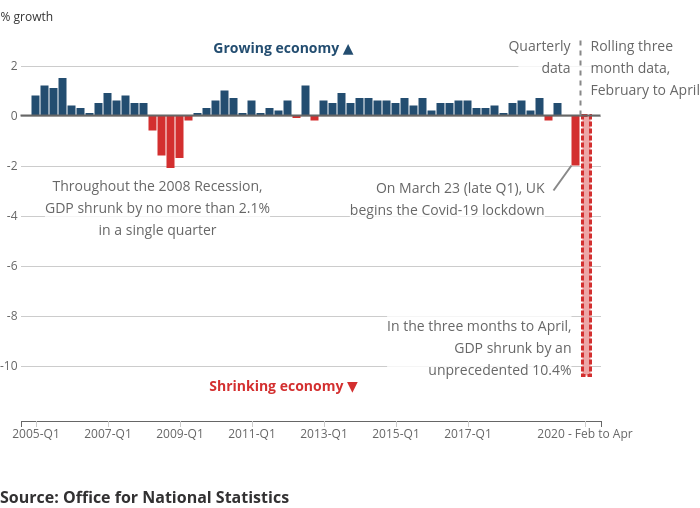Many fear COVID-19 as a threat to individual health but there is more at stake than people may realise. The public and political overreaction will affect us for decades. Our children and grandchildren will have to live with the decisions being made without public scrutiny.
Save the NHS
We are told that the lock-down is necessary to save Britain’s National Health Service. How quickly people have forgotten that the NHS was in danger long before the virus came along. Here is a sample of news reports from the past few years:
- How the NHS is being dismantled in 10 easy steps – Independent, August 2015
- Offline: Is the NHS in crisis? – The Lancet, May 2017
- The NHS is under threat. Only a new model of care will save it – The Guardian, January 2018
- These brutal cuts to the NHS will haunt the Conservatives – The Guardian, October 2019
- 11 charts on the problems facing the NHS – BBC News, January 2020
Journalists and campaign groups have been warning about how privatisation of the NHS will affect care.
Here is something the media is not asking: if economy is in freefall due to the lockdown; if unemployment rockets; if businesses fail; if Britian is no longer a productive nation; who will fund the NHS?
Will the lock-down save the NHS or will it lead to full privatisation? This current coronavirus hysteria will pass but if citizens cannot fund the NHS, corporations will step in. If you are an NHS employee, do you think your job will be more secure under a privatised health service? Does Britain want a US-style healthcare where only the wealthy can afford treatment?
The economy
Enforcing mandatory lock-downs and placating the newly unemployed with 80% of their salary will affect our economy for decades to come. Trevor Kavanagh, The Sun’s associate editor, touches on the effects of the hysteria that has shut down businesses. A video by Jack Chapple, a YouTuber who makes videos about economics, explains the debt owed by most countries before the lockdowns. It mostly focuses on the US but does go into how Britian’s debt during World War 2 wasn’t paid until 2006. For how long will we be paying for our government’s decision to stop our economy?
In an interview in mid-May 2020, British historian David Starkey comments about Britain’s political reaction: “This is a very odd plague. It’s rather small in scale but it’s gigantic in consequences because we have chosen to inflict a form of economic suicide on ourselves.”
According to a report by the Office for Budget Responsibility, the UK’s response to COVID-19 caused the largest drop in annual output since the Great Frost of 1709.
Gross domestic product report, June 2020
When we started compiling our data in March 2020, we warned that enforcing mandatory lock-downs would lead to disastrous effects on the UK’s economy.
In June 2020, The Office for National Statistics released their Gross domestic product (GDP) report for April 2020. They calculated that GDP fell by 10.4% in the three months to April. This was directly caused by the UK government’s policy of lockdown.
The ONS commented, “April’s fall in GDP is the biggest the UK has ever seen, more than three times larger than last month and almost ten times larger than the steepest pre-covid-19 fall…Virtually all areas of the economy were hit, with pubs, education, health and car sales all giving the biggest contributions to this historic fall.”

Civil liberties
The Coronavirus Act is the biggest expansion of state power in a generation – and could stay in law for years. Emergency powers should carry emergency time limits.
Big Brother Watch
Lord Sumption and Peter Hitchens ask how crashing the economy and restricting civil liberties in Britain will stop the virus.
Dr. Michael Ryan, Executive Director of the World Health Organization, has openly talked about the need to enter people’s homes to isolate family members. He is not alone. Donald McNeil, science and health reporter for the New York Times, says the same thing. For anyone who has some knowledge of history, the implications are chilling.
